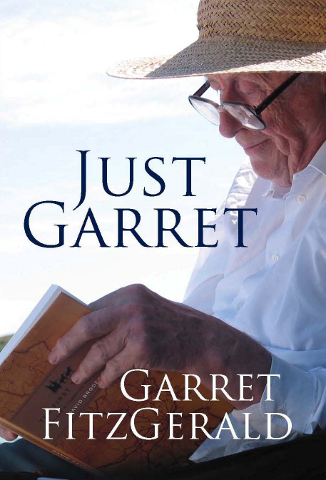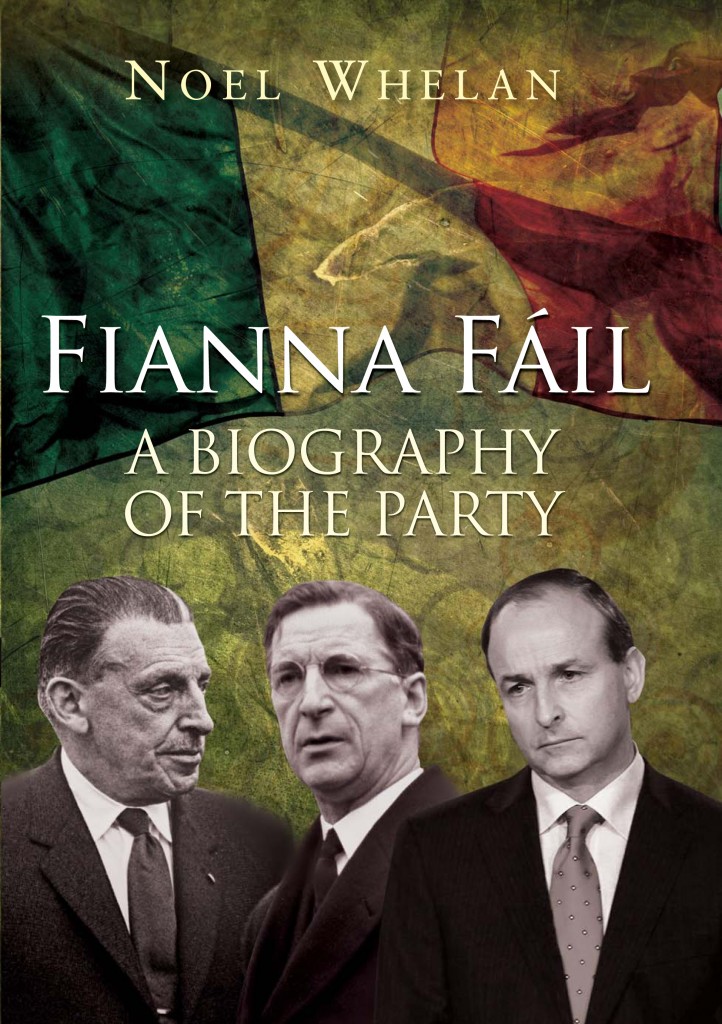So we have a pause…
It may well be a permanent pause.
However in case it isn’t and because there is so much reform needed in this area and because we have learnt that so many TD’s are so interested in the area of Disability (thank you) lets start a real discussion on this area. A few thoughts to start it off.
Disability services are in crisis, (4.7% cut to services being enforced by the HSE) families are struggling and the rights of people with disabilities have been poorly serviced for years. The way in which that funding is spent is currently under review by the government and it is vital that this review is on how the policy of addressing individual needs and budgets for support will be organised rather than cutting it for the sake of saving money.
Disability Allowance or more exactly the cutting of it was the last straw when one can’t get essential supports and have to provide for them elsewhere. Everyone being targeted irregardless of their level of disability was a major mistake. But the real last straw is the lack of status of disability in society. Remember we were promised assessment of need, rights based legislation and moves into the community for those in residential care and mental health services.
Promised years ago, in fact this conversation started in 1996 with the publication of the Report on the Commission on the Status of People of Disabilities. This report and commission was a substantial analysis of the needs and response required to people with disabilities. The progress since has been limited to Education (substantial progress I will admit) and moves for some people into the community and fairly accessible transport but not very accessible buildings. There has been an improvement in health care . As a result of main streaming and community involvement people know disabled people now and want us to have lives of our own.
People with disabilities and life limiting conditions are also living longer! This is a good thing. The limited progress to date and a shift in attitude and being more public means we and our families and friends have increased expectations of equality – imagine that! To the shame of the nation (presumably) there are many people still in very poor residential services (or have no service at all) denied rights to an identity, comfort, decision making, quality of life and the right to spend what money they have.
This expectation of independence and rights and dignity has not gone away despite the lack of implementation of the Disability Act 2005 and failure to ratify the UN Convention on the Rights of People with Disabilities. The government and their back benchers have learnt this week that we have expectations of decency despite having been put to the back of the queue and patted on the head from time to time.
Mainstreaming does not cure disability. Getting educational qualifications does not always mean that someone may be able to work. At the moment some people assessing us in the social welfare system think that the fact people have been to school or college or have been supported to get a qualification are able or capable of work.
The issue of young people with disabilities on the Autistic Spectrum and developmental and mental health issues must be addressed. The failure rates for applications for Disability Allowance and Domiciliary Care Allowance is truly staggering (of which many are granted on appeal) and the process so distressing for families who are in crisis.
We need recognition of the impact of autism and other disabilities on the ability of people to work, to participate in society, on the ability of families to cope and the costs of additional supports which may include diets, counselling, Occupational Therapy, respite, speech therapy, transport, technology and in some cases repairing broken furniture, windows and homes which result from the distress. To date I think that the state response to autism in Irish society has focussed on education – there is so much more on this matter alone which requires debate and response in addition to other disabilities and the supports required.
If new payment types are needed or new forms of support required then let them be discussed. New ways of assessing and understanding the issues involved are certainly needed. The Cost of Disability has to be addressed so those who can work are not disadvantaged for doing so and their extra expenses if any are met – this will in fact lead to a saving if there are jobs to fill but more importantly will contribute to establishing our human rights!
We must look at the supports that are there for employment of people with disabilities and if the money being spent is actually working in the right way. Since the winding up of the National Rehabilitation Board the responsibility was passed to FAS, most of this was then outsourced to supported employment services. I assume that this arrangement will be reviewed to see if it is fit for purpose. Also people with disabilities should be able to access all employment supports and not just disability specific programmes.
Finally in the debate and action on disability required in Irish society it is vital that we start from the premise that we are not products to be readied for the market – some of us can and desperately want to work if properly supported. Many many others will never be able to work and must be respected for our contributions and right to participate, live and enjoy our lives.
I could continue with this for some time. The point that must not be lost to those who decide is that a review of the way young people with disabilities who cannot work are supported by social welfare is only a part of the disability picture which our political system must no longer ignore or pay lip service to.
The picture extends over many government departments and other structures in Irish society It is a very big picture and must be fully viewed and no longer hidden and people with disabilities must be holding the paintbrush in the painting of our futures.
 Just Garret
Just Garret

 Renewing the Republic
Renewing the Republic